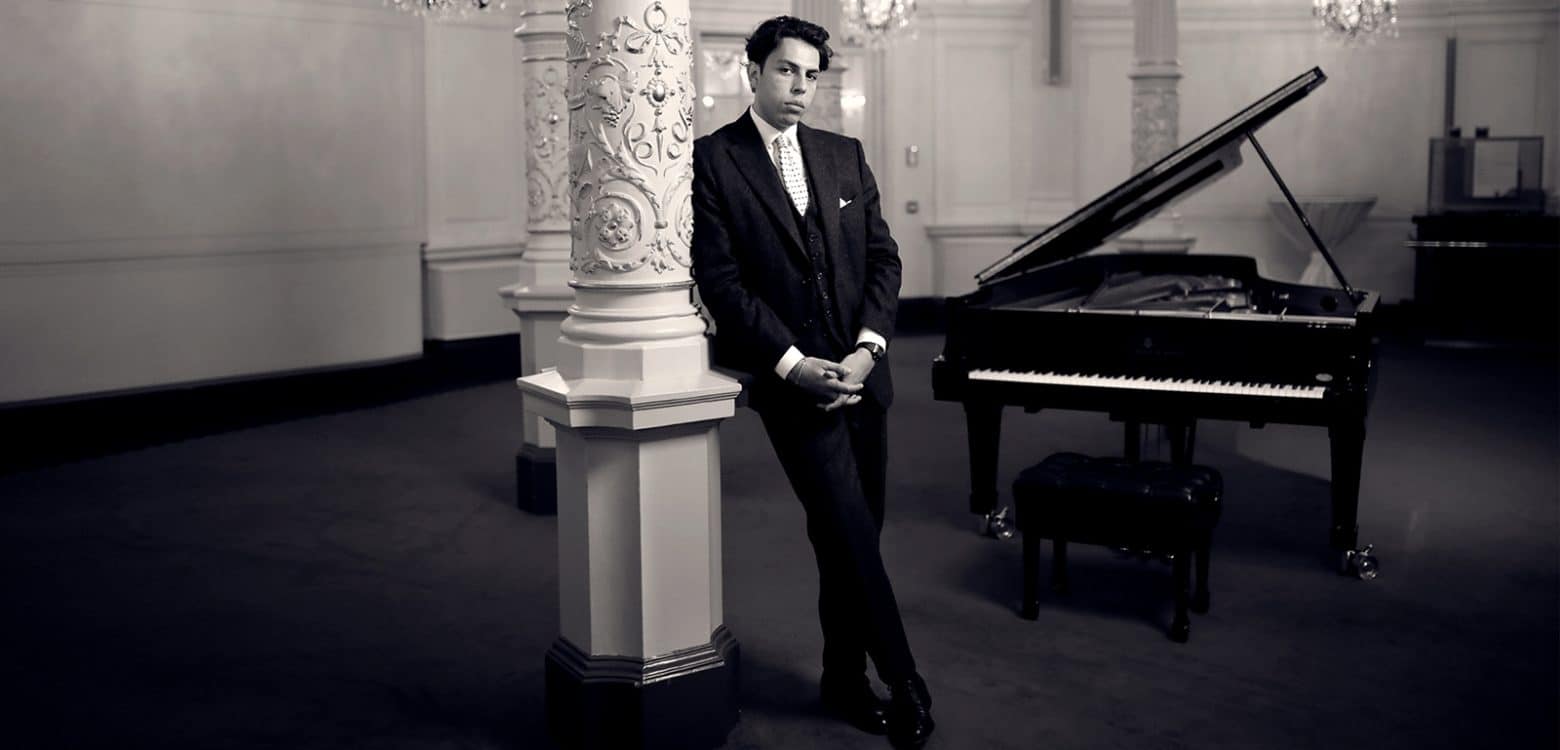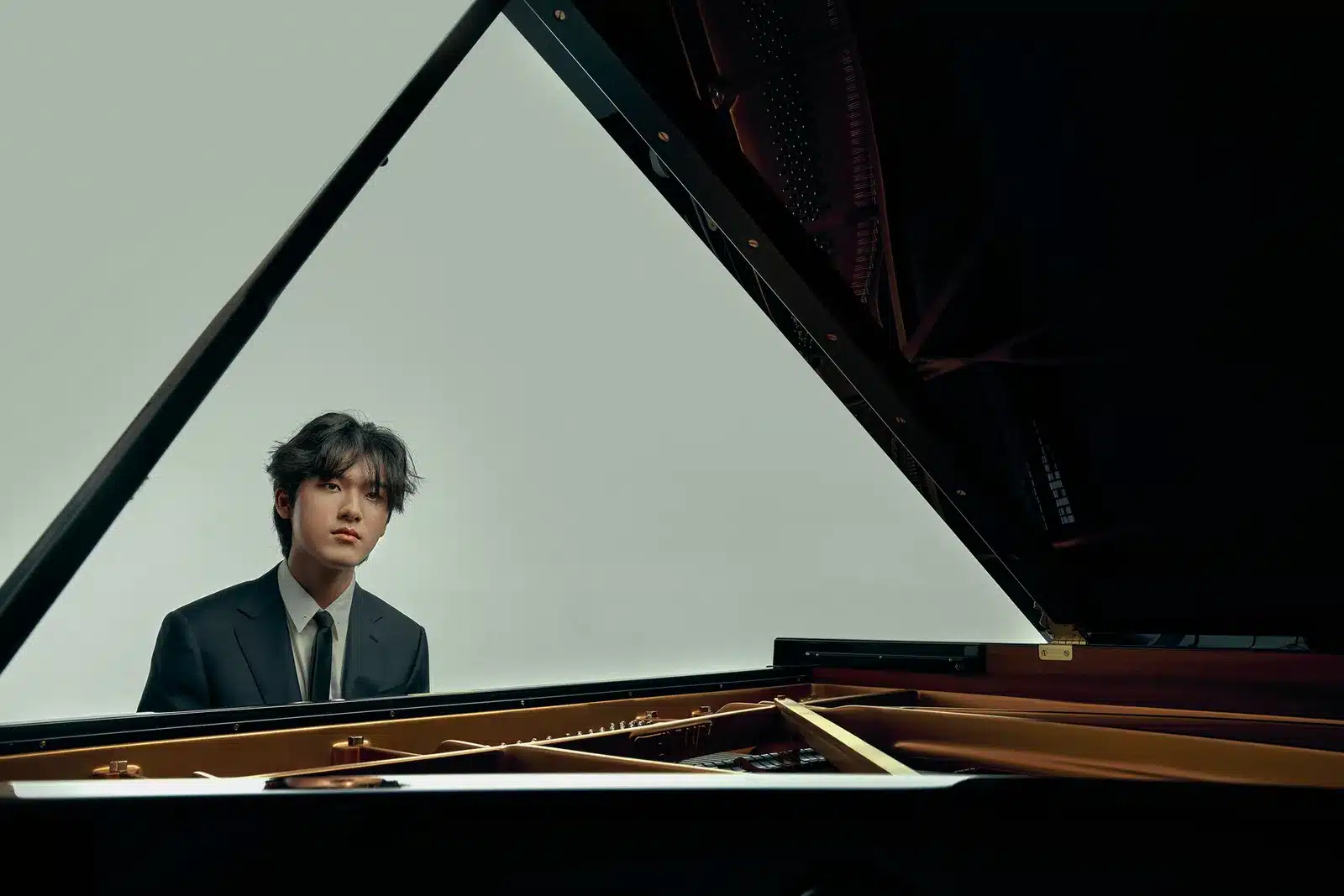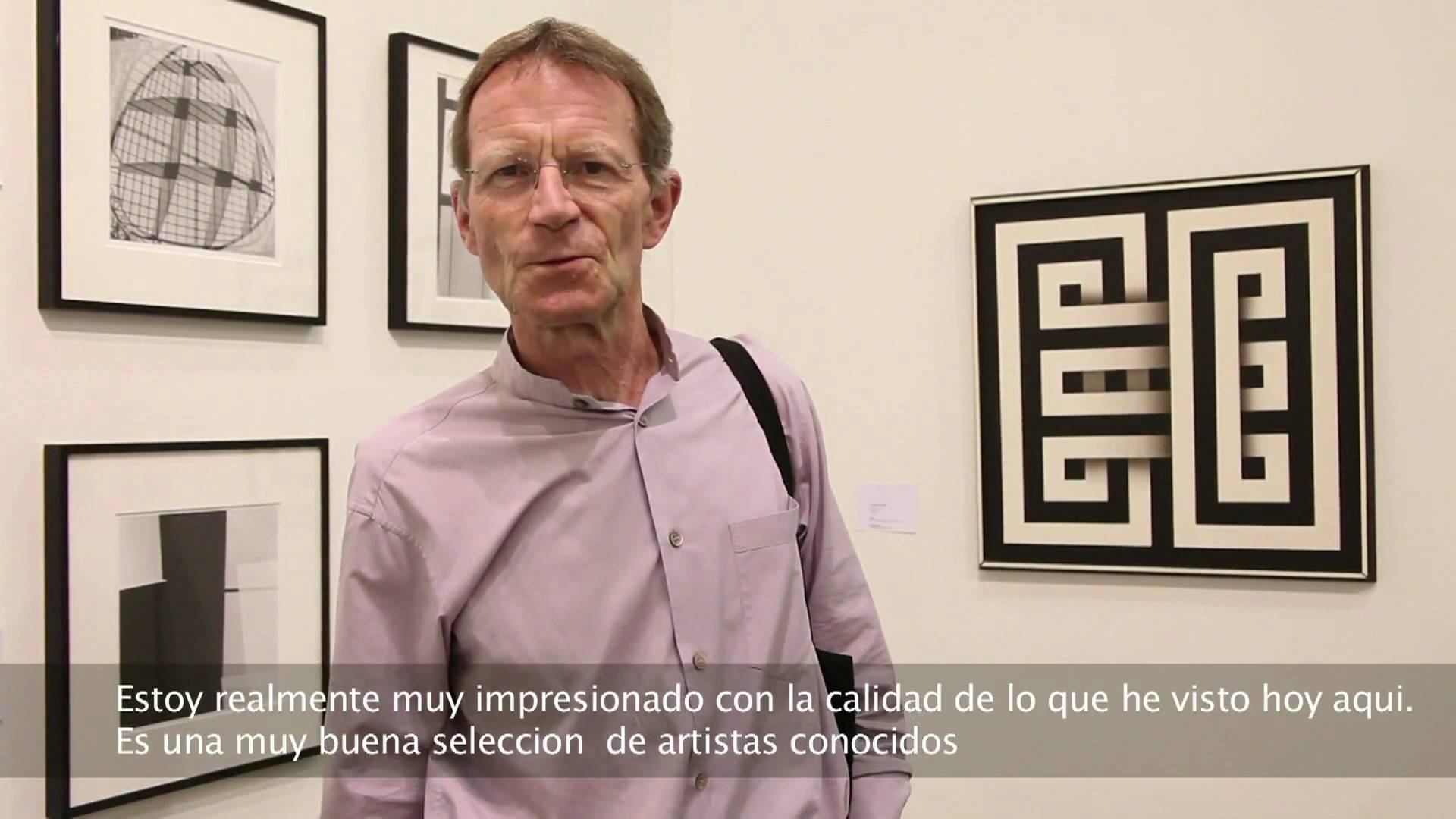Are Danes sacking an orchestra to pay for Eurovision overspend?
mainDanish media have just cracked the cost of hosting the last Eurovision contest. It ran four times over budget at 334 million kroner (£35 million).
Is this the reason DR is having to kill an orchestra?
The direct cost to the broadcaster was an unspeakable £21 million. For four hours of trash TV. Heads should roll.







Comments